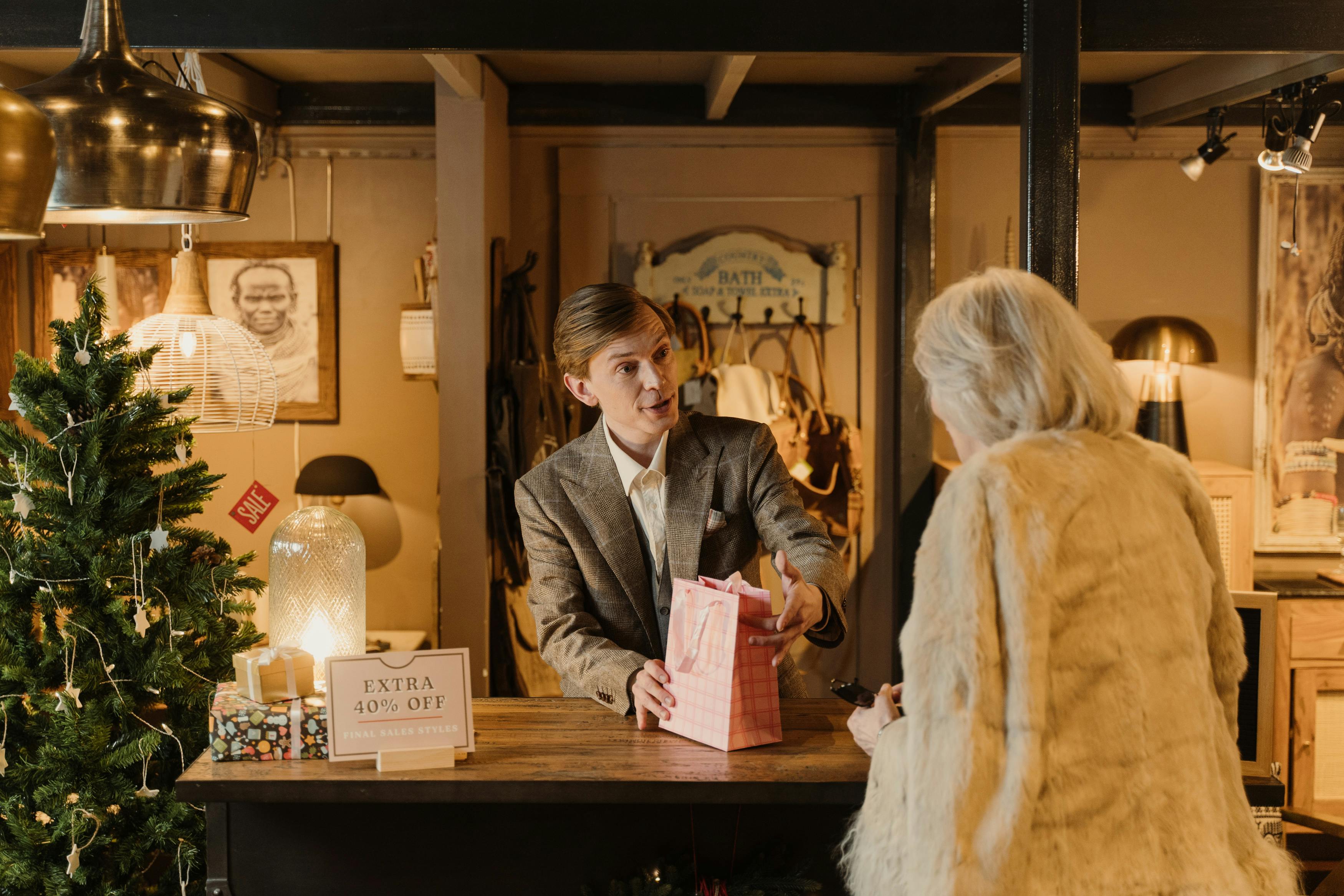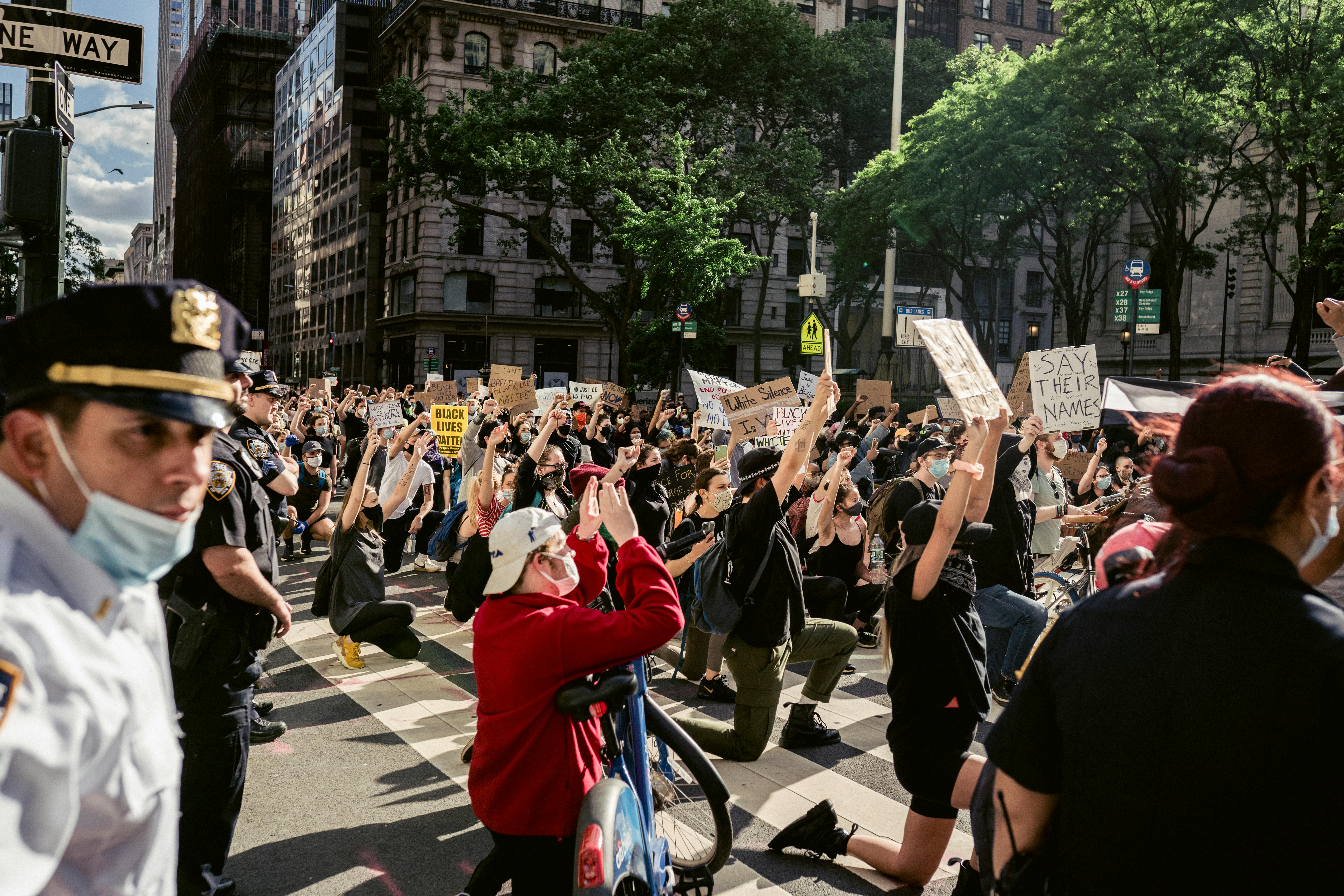We all face disappointments, failures, or setbacks at some point in our lives. Ernest Hemingway said, “The world breaks everyone, and then some are strong at the broken places.” Why do only some people get stronger? How do these people who rise above the traumas of life succeed? How can you best deal with life’s inevitable adversity?
Steven Wolin, a professor of psychiatry at Georgetown University, says our culture tends to perpetuate us all as victims. He says it fosters fragility by allowing people to dwell too long on their problems. He suggests that people can survive almost anything if they are resilient. This is the ability to overcome a life crisis or difficulty and bounce back positively.
Here are four people who got caught up in life’s challenges and persevered. Each demonstrates important traits of resilience.
change your perception
Cliff Miedl was a plumber’s apprentice. While he was drilling a hole to access a water pipe, he accidentally touched a high voltage wire and received 30,000 volts of electricity. He was terribly burned and suffered three cardiac arrests. He had a long and arduous recovery that included fifteen surgeries over fifteen months. He defied doctors by learning to walk again. He started kayaking to get stronger. He eventually entered and won races, and was part of the US Olympic team. At the Sydney Olympics in 2000, 603 of his team members voted for Cliff as the flag bearer as they marched into the stadium on opening night.
Cliff’s indomitable human spirit helped him transform his perception of a tragedy into a success story that would change his life. He obtained an MBA in Asset Management from USC. Today, he is a successful speaker and author. He has also won numerous awards for his courage and contributions to others. Dr. Martin Luther King said, “The ultimate measure of a man is not where he stands in moments of comfort and convenience, but where he stands in moments of challenge and change.”
challenge yourself
Kyle Maynard was born with a condition known as a congenital amputation of both arms and legs. His parents made a key decision early on to teach him to be as independent as possible in a drive to “seek normalcy.” Kyle’s parents pushed him to learn and do everything that any other child had to learn. They constantly challenged him, and he usually started to do the same to himself.
Kyle grew up knowing that he could achieve anything he set his mind to. He learned to type fifty words a minute on two cubits. He struggled in high school. For the first year in a media he lost every game. By his senior year, he had won 36 games, beating several state champions along the way. He has written a book, No Excuses. He was the first amputee to crawl to the top of Mount Kilimanjaro, the highest mountain in Africa. On a show with ESPN, he fought mixed martial arts, bench-pressed 240 pounds, coached others to get fit and talked about climbing Everest. Whether or not he makes that climb, his words are important to all of us. When asked about his disabilities, he says, “What disabilities? Life is full of possibilities.”
commit to act
Diane Van Deren was pregnant with her third child when she was diagnosed with epilepsy. She had numerous grand mal seizures, but she discovered that when she got into action and ran, she had no seizures. Running brought her relief, so she continued to run. It was a metaphor for her to live fully. Ultimately, she underwent radical surgery that removed the right temporal lobe of her brain. The seizures stopped but the surgery caused him to lose the ability to process the passage of time. Later, she learned that she could run for days without sleeping or understanding the distance she had run. Her weakness had become a strength to run.
Diane has literally shocked the field of long-distance running. She set a world record on North Carolina’s 1,000-mile Mountain-to-Sea Trail and won the Yukon Arctic Ultra 300. She has completed many events with incredible results. While daily life is a struggle, Diane has a passion for running that is exemplified by this quote from the German philosopher Friedrich Nietzsche: “What doesn’t kill me makes me stronger.”
Cultivate Persistent Optimism
Max Cleland went to Stetson University and received a bachelor’s degree. After a year of studying for his master’s degree in history at Emory University, he entered the Army and served in Vietnam as a captain. One day, while he was returning to his barracks, he blew up a grenade. Max fell on him saving others, but lost both his legs and his right arm in the explosion. It took 41 pints of blood to save his life. The nurse told him, “You can thank God, it’s a miracle you’re alive.” He thought: “Thanks for nothing!”
Over time and through confusion, frustration and pain, Max’s attitude changed. He told others, “God didn’t make me to be 4 feet tall!” He eventually discovered that he could walk, swim, drive and dance. He persisted and did more than others expected. He began to think big and optimistically greeted life with others in his situation. He later served as administrator of President Carter’s Veterans Administration. He championed the rights of all people with disabilities, served two terms in the Georgia State Senate, and was elected to the United States Senate. His book, called Stronger at the Broken Places, tells his story.
Research shows that all people have the capacity for resilience and that the necessary behaviors are learned. These include expressing positive and negative emotions, sharing constructive emotions, and building strong relationships with others for support.
Resilient people face all the challenges that life throws at them and can turn failures into successes. They become even more determined and persist in building their broken places to become stronger. Although it is not easy, you can too. Regardless of what you’re facing, learn from these examples and use the difficulties in your life to expand your ability to live fully anyway.




